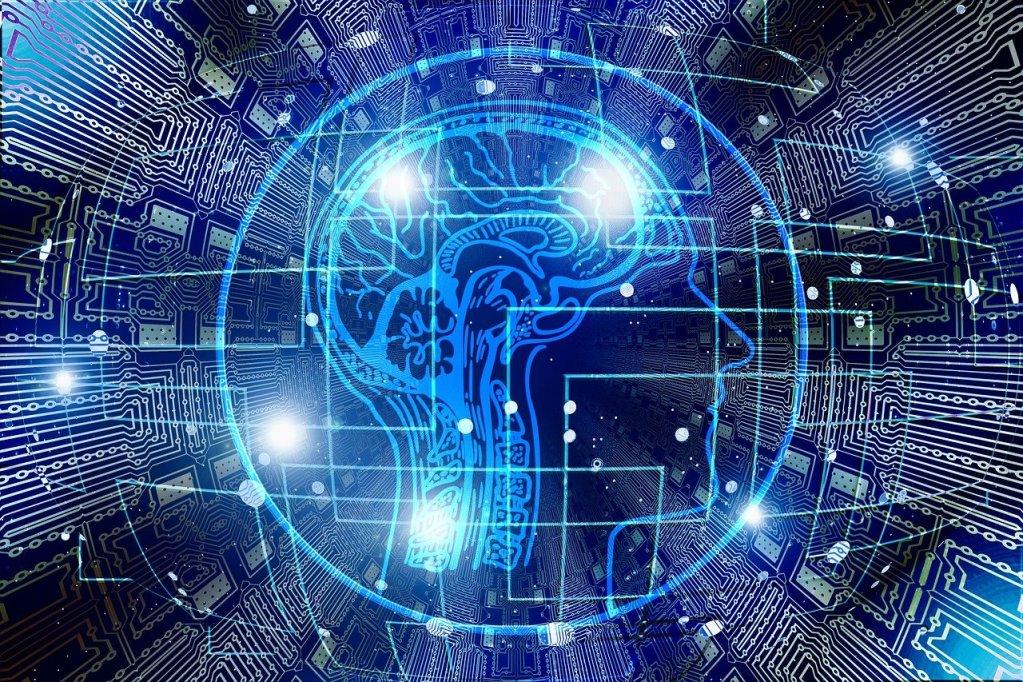The Future of AI in Higher Education: Transforming Learning, Research, and Student Success
Artificial Intelligence (AI) is rapidly reshaping the landscape of higher education. From personalized learning experiences to revolutionizing research methodologies and supporting student achievement, AI is proving to be a driving force within universities and colleges worldwide. In this article, we’ll explore the transformative impact of AI in higher education, discuss its current applications, share practical tips for educators and institutions, and provide insight into what the future might hold.
Understanding the Role of Artificial Intelligence in Higher Education
AI refers to the simulation of human intelligence processes by computers,including learning,reasoning,and self-correction. In the context of higher education, AI technologies cover a spectrum of applications, such as machine learning, natural language processing, predictive analytics, and smart tutoring systems. These innovations are transforming higher education by:
- Delivering personalized and adaptive learning pathways
- Automating administrative processes
- enhancing academic research capabilities
- Supporting student retention and engagement strategies
how AI is Transforming Learning Experiences
Personalized learning: AI enables educational institutions to offer tailored learning experiences by analyzing individual student behaviors and learning preferences. Adaptive learning technology adjusts course material in real time for each student,ensuring struggling students receive extra help while advanced learners are sufficiently challenged.
Key Benefits of AI in Learning
- Increased Engagement: AI-powered platforms keep students motivated through interactive and personalized content.
- Customized Content: Courses modify based on student progress, optimizing learning outcomes.
- Real-Time Feedback: Intelligent tutoring systems offer immediate feedback, allowing students to learn from mistakes instantly.
- Accessible Education: AI-driven tools remove barriers for students with disabilities by providing adaptive and assistive technologies.
Practical Tips for Educators
- Integrate AI-powered tools such as chatbots or adaptive learning platforms into classroom and online courses.
- Train faculty on leveraging AI solutions to develop effective and inclusive curriculum.
- Utilize AI-generated analytics for real-time insights into student performance and engagement trends.
AI in Academic Research: Accelerating Innovation
AI is revolutionizing the way research is conducted in higher education. It is automating literature reviews, streamlining data analysis, and enabling advanced simulations that were previously impractical.
How AI Advances Academic Research
- Machine Learning models can analyze vast datasets quickly, uncovering patterns and insights faster than conventional methods.
- AI-driven algorithms automate tedious tasks—such as sorting research articles, transcribing interviews, and coding qualitative data.
- Predictive analytics allow researchers to forecast trends and outcomes within complex fields like healthcare, economics, and engineering.
- Collaborative Platforms: AI enables researchers from around the world to work together and share findings efficiently.
Practical Tips for Researchers
- Utilize AI-powered citation managers and literature search tools to streamline systematic reviews.
- Explore machine learning software to improve the analysis of quantitative and qualitative research data.
- Stay updated on ethical considerations around AI in research,ensuring clarity and objectivity.
The Impact of AI on student Success and retention
AI technologies are not just improving educational delivery but also playing a crucial role in supporting student success and retention. Predictive analytics and AI-driven mentoring programs identify students at risk and facilitate timely intervention strategies.
Key Ways AI Enhances Student Success
- Early Warning Systems: AI analyzes student engagement data to flag individuals who may need academic support.
- Automated Advising: Chatbots and virtual assistants provide 24/7 support for questions about enrollment, deadlines, or campus resources.
- Personalized Career Guidance: AI platforms match students with internships, jobs, and career advancement resources tailored to their interests and skills.
Case Studies
- Georgia State University: Used AI-based predictive analytics, increasing graduation rates by identifying at-risk students and proactively offering support.
- Arizona State University: Integrated AI-driven chatbots to assist students with course selection and registration, significantly reducing administrative bottlenecks.
Challenges and Ethical Considerations in AI integration
Despite the clear benefits, implementing AI in higher education comes with challenges:
- Data Privacy: Institutions must ensure that sensitive student and research data is protected against breaches.
- Bias in Algorithms: AI systems must be rigorously tested to prevent perpetuating biases or inequalities.
- Faculty Training and Adoption: Ongoing support and education are critical to prosperous storytelling and technology integration.
- Transparency: Clear interaction regarding how AI decisions are made is vital for trust and accountability.
Real-World Experiences: Voices from Academia
First-hand experiences from educators and students highlight AI’s transformative impact:
“AI-powered grading tools have saved me countless hours, allowing me to focus more on student mentorship and research.”
– Dr. Emily Harper, Professor of Computer Science
“Receiving personalized feedback from the university’s learning platform motivated me to improve and made complex concepts easier to grasp.”
– Sam Rodriguez, Undergraduate Student
Looking Ahead: The Future trends of AI in Higher Education
With AI’s capacity to learn and adapt, the possibilities for its application in higher education are ever-expanding. Predictions for the next decade include:
- Fully Adaptive Curriculums: Courses that dynamically shift content and teaching strategies based on real-time student data.
- VR and AR Integration: AI-driven virtual and augmented reality experiences, providing immersive learning environments.
- Learning Analytics: Deep analysis of student journeys to continually refine and personalize educational pathways.
- AI-driven Institutional Management: From resource allocation to campus safety, universities will increasingly leverage AI for operational excellence.
conclusion: Preparing for an AI-Enhanced Higher Education Ecosystem
AI is poised to become a cornerstone of modern higher education, driving advances in teaching, learning, research, and student support. By embracing AI technologies, universities can deliver more personalized, efficient, and impactful educational experiences. As institutions move forward,it’s crucial to balance technological innovation with ethical responsibility,transparency,and a commitment to equitable student outcomes.
Whether you’re an educator, researcher, administrator, or student, understanding and integrating AI in higher education will be essential for navigating and thriving in the academic world of tomorrow. The future of learning is intelligent, adaptive, and filled with opportunity.

